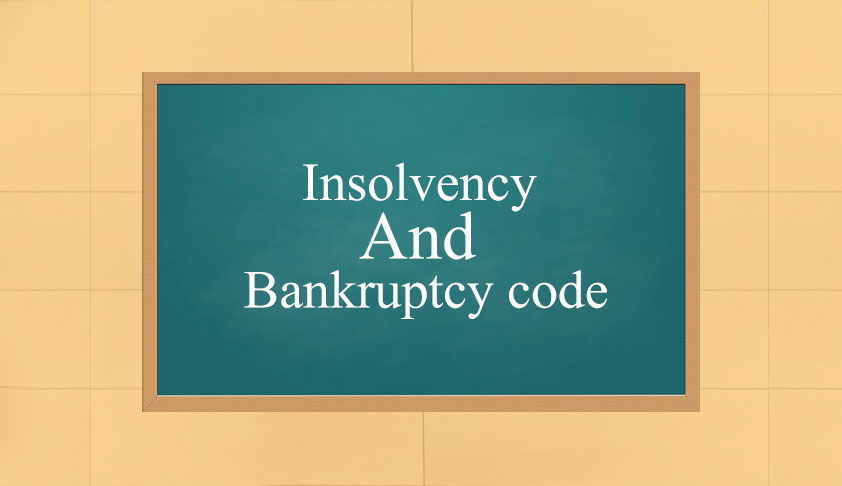Insolvency And Bankruptcy Code & Ordinance Challenged Before Gujarat HC; Notice Issued
Apoorva Mandhani
25 Dec 2017 2:45 PM IST

Next Story
25 Dec 2017 2:45 PM IST
The Gujarat High Court has issued notice on a Petition challenging the constitutional validity of the Insolvency and Bankruptcy Code, 2016 and the recent ordinance barring Promoters from submitting a resolution plan.The notice returnable on 22 January, 2018 was issued by a Bench comprising Chief Justice R. Subhash Reddy and Justice Vipul M. Pancholi on a Petition filed by Accord...
